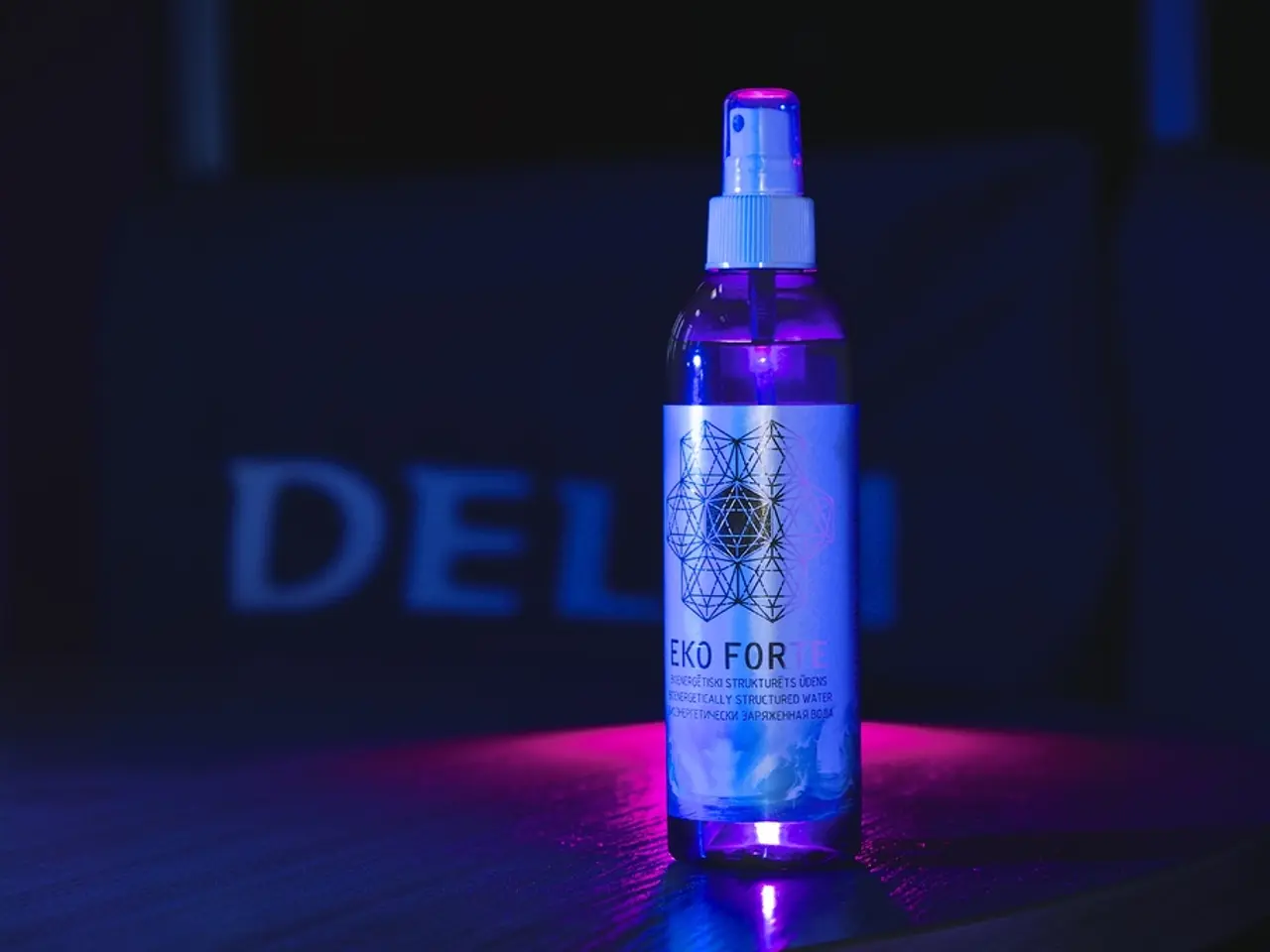Vitamin E and its impact on eczema
Vitamin E, a powerful antioxidant, is known for its anti-inflammatory properties, playing a crucial role in limiting the formation of reactive oxygen molecules and decreasing inflammation and injury to the skin. This makes it an interesting candidate for managing eczema, a chronic, inflammatory condition that causes dry, itchy skin.
While the evidence is limited, some studies suggest that vitamin E may help prevent skin dehydration and protect the skin from sunlight and heat injury. When it comes to eczema, several studies have examined the use of vitamin E, but more research is needed to confirm its safety and effectiveness.
One area where vitamin E shows promise is in eczema treatment. A 2015 study found that people with eczema who took 400 international units of oral vitamin E daily for 3 months saw significant improvements in their eczema symptoms. Similarly, a small study found that people with eczema who used a topical skin cream that included vitamin E had a faster improvement in eczema symptoms than those who used a placebo.
However, it's important to note that while vitamin E may have some beneficial effects, it is generally considered as part of broader topical or systemic vitamin regimens rather than as a standalone proven therapy. Dermatologists usually recommend proven moisturizers and barrier repair creams over isolated vitamin E products.
Topical vitamin E treatments are generally safe for both children and adults with eczema when used appropriately on the skin. There are no significant safety concerns identified with topical use in eczema patients. Natural remedies including vitamin E oils or creams are typically well tolerated, but patch testing is recommended to rule out sensitivity or allergic reactions, especially in children or sensitive skin types.
In terms of dietary sources, seeds, nuts, and leafy greens are excellent sources of dietary vitamin E. For most adults, the ODS recommends an upper limit of vitamin E per day to avoid adverse health risks. Upper limits are lower for children, ranging from 200 mg daily for children aged 1-3 years to 800 mg for those aged 14-18 years.
It's also worth mentioning that high doses of vitamin E may interfere with certain medications, including anticoagulants and antiplatelet medications, medications for treating high cholesterol, chemotherapy, and radiation therapy. High doses of vitamin E may also affect the blood's ability to coagulate, increasing the risk of bleeding.
In conclusion, while vitamin E shows promise in managing eczema symptoms, it is not a standalone cure. For optimal eczema management, it's best to consult healthcare professionals and consider clinically supported moisturizers and treatments alongside any vitamin E-containing products. It's also important to be aware of potential allergic reactions and interactions with medications when using vitamin E supplements.
- The anti-inflammatory properties of Vitamin E make it a candidate for managing eczema, an inflammatory condition that causes dry, itchy skin.
- Some studies suggest that Vitamin E may help prevent skin dehydration and protect the skin from sunlight and heat injury.
- A 2015 study found that people with eczema who took 400 international units of oral vitamin E daily for 3 months saw significant improvements in their eczema symptoms.
- Topical vitamin E treatments are generally safe for both children and adults with eczema when used appropriately on the skin.
- High doses of vitamin E may interfere with certain medications and affect the blood's ability to coagulate, increasing the risk of bleeding.




